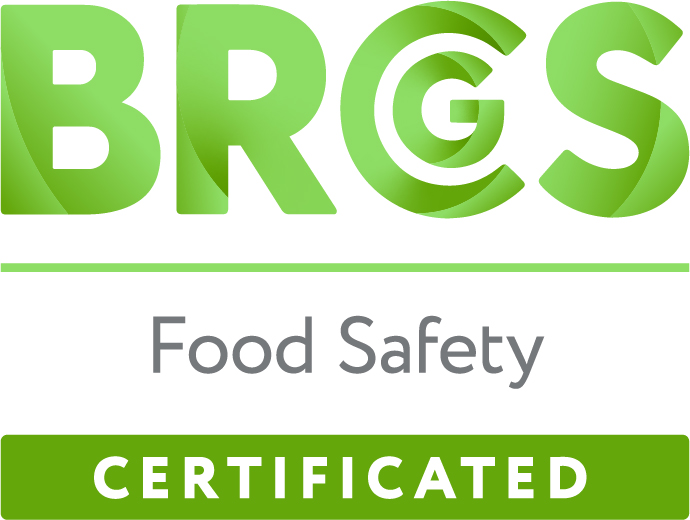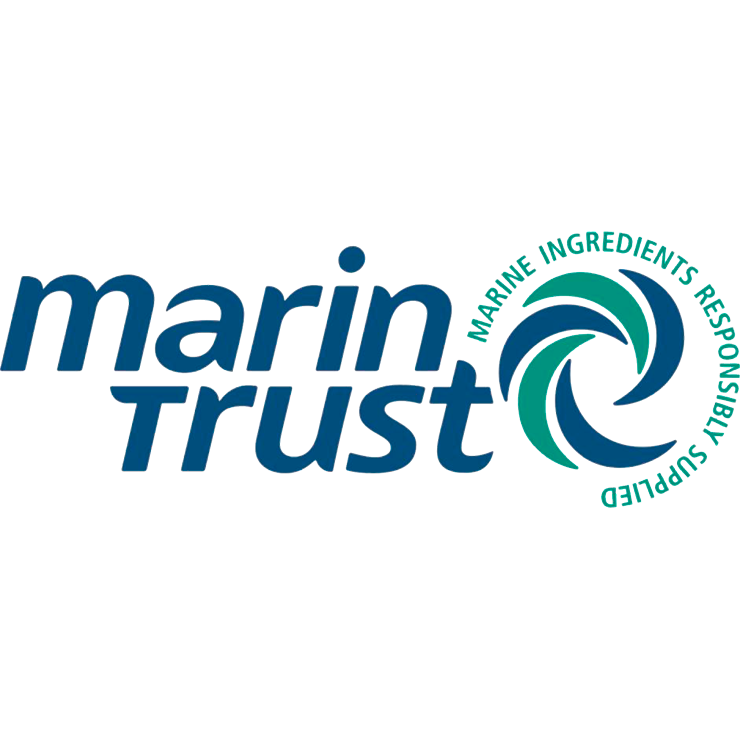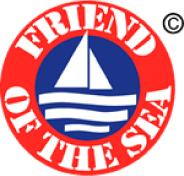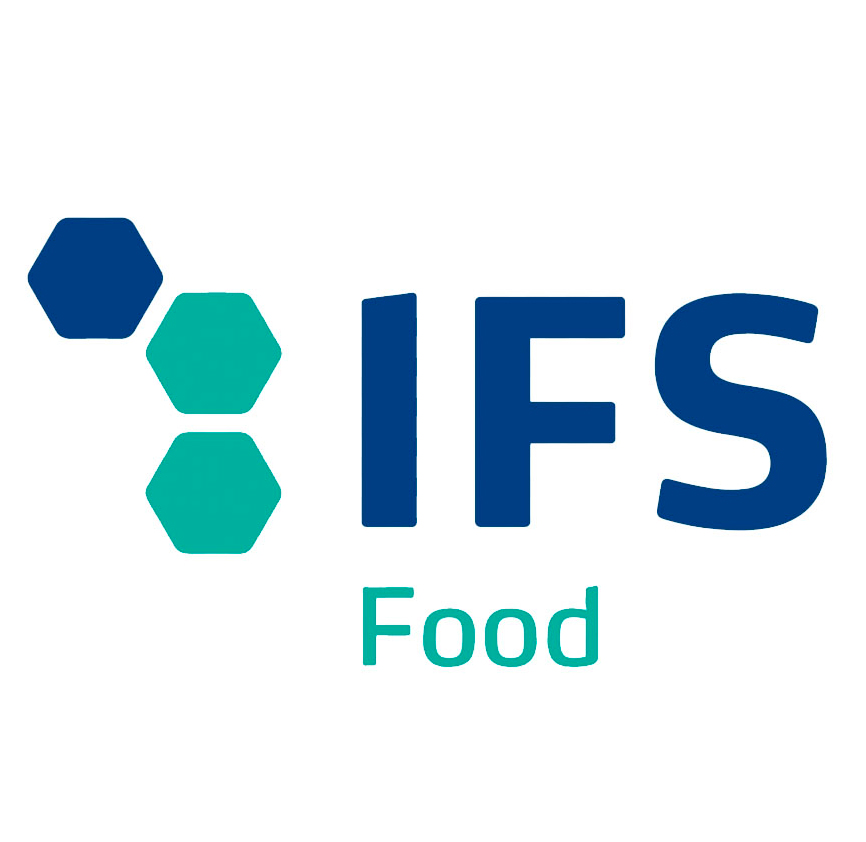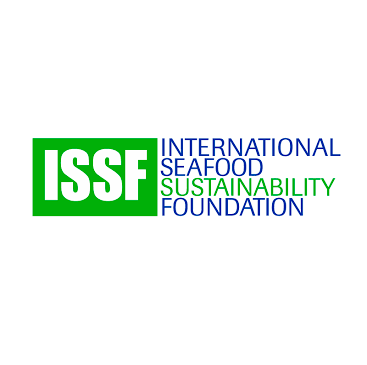To achieve
this objective, it will be necessary to allocate significant resources and take
the correct decisions regarding the number of fishing quotas each year. In this
way, it would be possible to generate more income for the state that can
benefit important social plans for the country.
On the other hand, the government set the goal of reducing childhood anemia to 19% for the Bicentennial, since it is a public health problem that attacks the youngest and who could have consequences in adult life. However, with the arrival of the pandemic, the action plans were affected. This is where industrial and traditional fishing can be key. For this battle, we need policies that allow the arrival of more marine species to the markets throughout the country, that are more affordable, rich in nutrients, which are crucial to our children to grow better.
Currently, 4
out of 10 children are poor in our country, as we are one of the most-affected
countries by the pandemic, and we showed that we were not prepared to face a
crisis of such magnitude. Even so, the hope of being able to get out of this
situation is latent considering that we have the resources and the people to do
it. Today it is up to the authorities to make the right decisions to open the
way to the economic reactivation which will allow the poverty gap and hunger to
decrease more every day. Together we can do it!
 (1).png)




